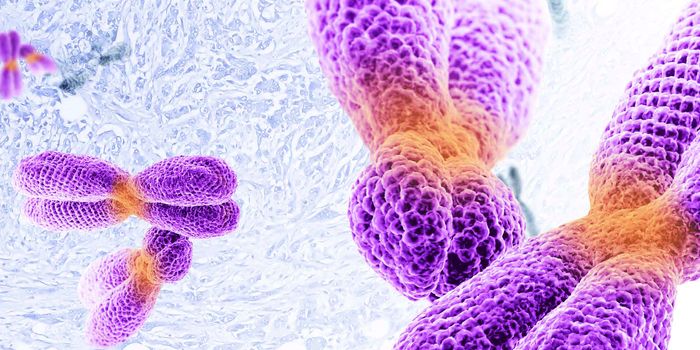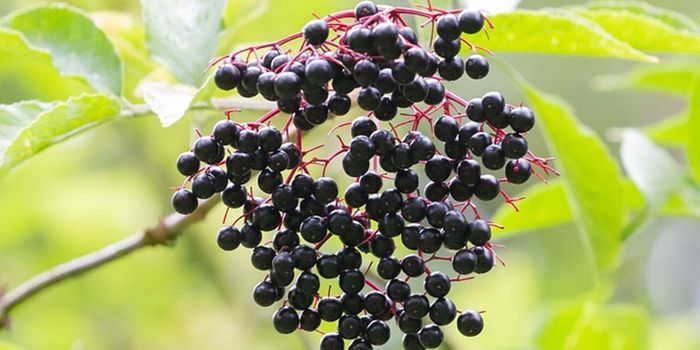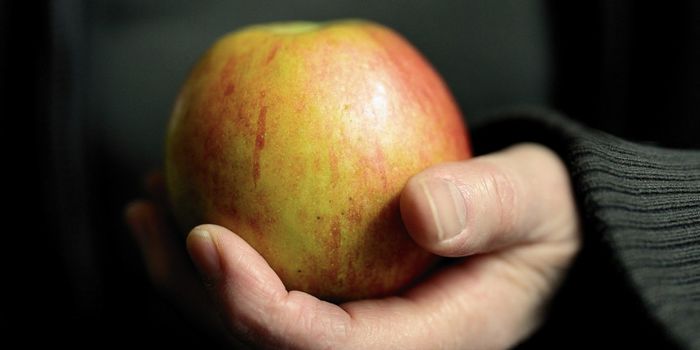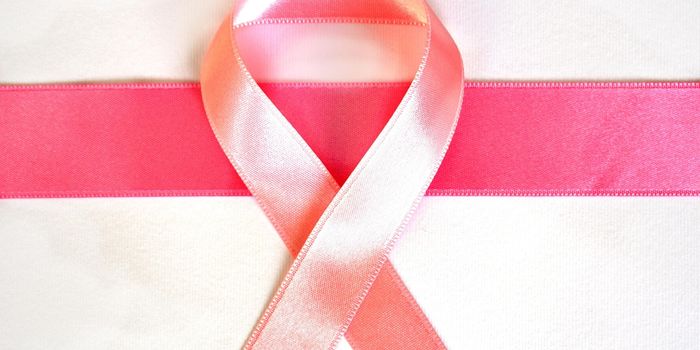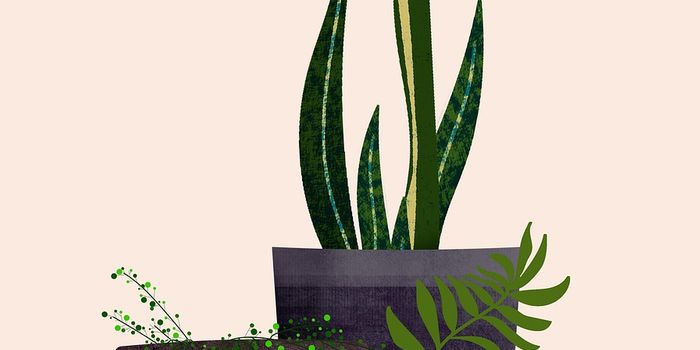New antibiotics against superbugs could be coming from a very unlikely source, say scientists. As it turns out, the quest for new drugs has taken scientists to the wild fields of Australia, where the Tasmanian devils dwell. The milk of the devil, so to speak, is purported to hold
powerful peptides that fight against staph and other bacteria.

Scientists got interested in the Tasmanian devil’s milk following the observation that the marsupial’s pouch is filled with bacteria.
"Marsupials give birth to highly underdeveloped young after a very short gestation period of only up to 30 days," said Emma Peel, who is the first author of the study, published in the journal
Scientific Reports. "After birth, the young continues to develop in the mother's pouch, which contains a diverse range of bacteria, some of which could be harmful," Peel said. "Given [that] the young does not have a fully functioning immune system, this led us to question how it survives within a 'dirty' pouch."
The questions led the team to hone in on the devil’s milk. After resolving the milk into unique components, the team found that, indeed, one class of peptides has natural but powerful antimicrobial properties. This class of peptides is known as cathelicidins, of which Tasmanian devils have six whereas humans only have one.
"Tasmanian devil peptides highlight the potential of marsupials to provide new alternatives to antibiotics in the future," Peel said. "Sequencing the genomes of more marsupials will allow us to identify and explore the antibacterial activity of antimicrobial peptides in other marsupials."
In lab tests, the devil’s milk proved effective against methicillin-resistant
Staphylococcus aureus (MRSA) and Enterococci bacteria.
"As yet, we haven't explored peptide functions other than killing bacteria, but perhaps Tasmanian devil peptides could be a superfood in the future," Peel said.
The promising results prompted scientists to look into other members of the marsupial family, such as koalas and wallabies, to see if their milk also holds potent antibiotic potential too. According to researchers, the milk of opossums may contain as much as 12 different cathelicidins. However, even with these potential new sources of antibiotics, researchers are concerned about getting enough of the milk or compounds in the milk for clinical trials.
Of note, superbugs are bacteria that have evolved to become resistant to all of the antibiotics that doctors have in their arsenal. This makes them highly dangerous, as simple infections could turn deadly, fast. So deadly, in fact, that some experts are likening the impact of these superbugs to climate change.
If we don’t do anything, scientists estimate the economic cost would be $100 trillion by 2050. On the population scale, superbugs could dwindle the numbers by killing one person every 3 seconds.
Additional sources:
CNN,
Live Science


